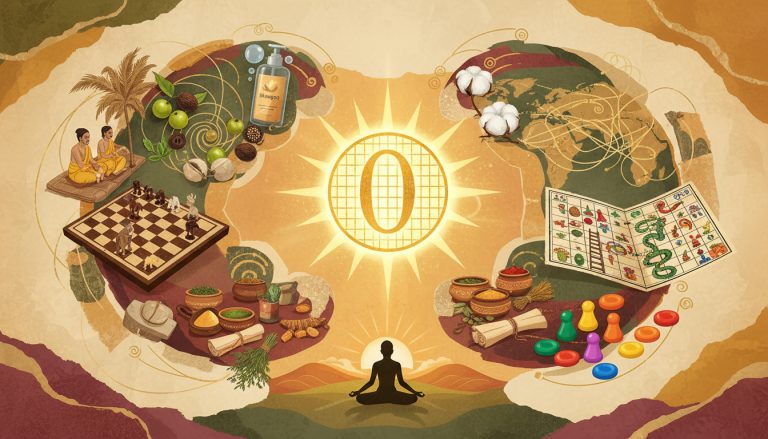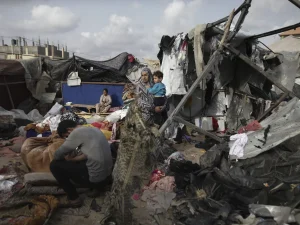The city of Rafah in the southern Gaza Strip has become the epicenter of a renewed and intense conflict between Israel and Hamas. Since early May, Israel has launched a series of airstrikes on Rafah, describing it as a “limited operation” aimed at dismantling Hamas infrastructure and neutralizing fighters. This escalation has sparked global outrage, leading to unprecedented diplomatic and humanitarian responses, as well as an intervention by the International Court of Justice (ICJ).

The Rafah Offensive
The latest phase of the conflict began in early May, following a series of rocket attacks on Tel Aviv by Hamas. In response, Israel intensified its military operations in Rafah, a city already burdened by the long-standing siege on Gaza. On Sunday, May 27, an Israeli airstrike targeted a tent camp housing displaced people, resulting in the deaths of at least 45 people and injuring over 200. This incident has been widely condemned as a massacre, drawing sharp criticism from the international community.
Humanitarian Crisis
The United Nations Relief and Works Agency for Palestine Refugees in the Near East (UNRWA) has been vocal about the dire conditions in Gaza. With over one million people having fled the Israeli offensive, there is no safe haven in the densely populated strip. UNRWA’s communication lines with their team in Gaza have been disrupted, and the agency has described the situation as “hell on earth,” highlighting the severe shortage of food, water, and medical supplies.
Global Outrage and Diplomatic Reactions
The attack on Rafah has triggered a wave of global condemnation. The US National Security Council urged Israel to take every precaution to protect civilians, while Egypt condemned the targeting of defenseless civilians. Jordan, Saudi Arabia, and Turkey have all accused Israel of committing war crimes, with Turkish President Recep Tayyip Erdogan promising to hold those responsible accountable. Qatar has also condemned the strikes as a dangerous violation of international law, warning that the continued violence could undermine mediation efforts.
International Court of Justice Ruling
In a significant legal development, the International Court of Justice (ICJ) ordered Israel to halt its military operations in Rafah and withdraw from the area. ICJ President Judge Nawaf Salam stated that Israel must cease any actions that could bring about the physical destruction of the Palestinian group in Gaza. This ruling adds to the mounting diplomatic pressure on Israeli Prime Minister Benjamin Netanyahu, who has described the attack on the camp as a “tragic mistake” but has vowed to continue the offensive.
Recognition of Palestinian Statehood
Amidst the turmoil, three European countries—Spain, Norway, and Ireland—have taken the historic step of officially recognizing the state of Palestine. This move aims to advance peace efforts and address the long-standing Israeli-Palestinian conflict. Spanish Prime Minister Pedro Sanchez emphasized the need for a viable Palestinian state with East Jerusalem as its capital, connected by a corridor between the West Bank and Gaza.
The Broader Conflict
The recent escalation is rooted in the broader Israeli-Hamas conflict, which reignited on October 7 with a Hamas attack on southern Israel. This attack resulted in over 1,170 deaths, mostly civilians, and the taking of 252 hostages. Israel’s subsequent retaliatory offensive has led to the deaths of at least 36,050 people in Gaza, with injuries surpassing 81,000, according to Gaza’s health ministry. This tragic cycle of violence has reignited the debate over the necessity of a two-state solution as the only viable path to lasting peace.
Humanitarian Efforts and Challenges
Despite the ongoing violence, humanitarian aid continues to flow into Gaza. On Monday, over 370 trucks carrying essential supplies entered Gaza, including 154 trucks from Egypt and 70 World Food Programme (WFP) trucks carrying flour. However, the distribution of this aid remains a formidable challenge due to the dangerous conditions on the ground, including Israeli airstrikes, Hamas rocket launches, and severe movement restrictions.
Due to these constraints, UNRWA has managed to distribute aid from only 30 trucks. The agency has stressed the urgent need for a ceasefire to facilitate the safe and effective distribution of humanitarian aid to the affected population.
The situation in Rafah and the broader Gaza Strip is a stark reminder of the devastating human cost of the Israeli-Palestinian conflict. The international community’s response, including the ICJ ruling and the recognition of Palestinian statehood by several European countries, underscores the urgent need for a diplomatic resolution.
However, the ongoing violence and humanitarian crisis highlight the complexities and challenges of achieving lasting peace in the region.
As the world watches with bated breath, the call for an immediate ceasefire and a renewed commitment to a two-state solution grows louder. The future of Rafah and its people depends on the global community’s ability to navigate these turbulent waters and forge a path toward peace and stability.




